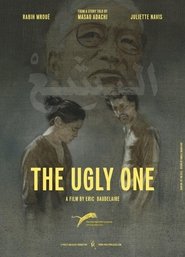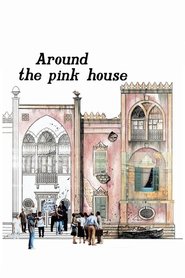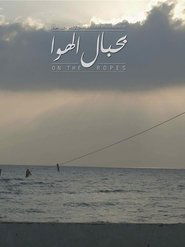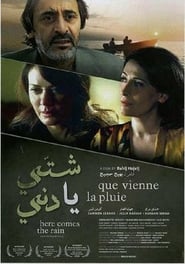detail profile hassan mrad
Peran Yang Di Mainkan Hassan Mrad
 In an apartment building in Beirut...
In an apartment building in Beirut...Stable Unstable 2014
In an apartment building in Beirut, on the last day of the year, seven characters start their day by visiting their psychologist as part of the weekly ritual. On that couch in their psychologist's office, they face themselves and their loved ones in trying to define what is most important to them. Each of them, from the patients to the residents of the building, has a different story to share, inner secrets and hidden wishes. All keep to themselves, except for the porter Abou Karim, who extends his presence and allows himself to interfere in the lives of others and in their destinies.
 Adashi exmember of the Japanese Red...
Adashi exmember of the Japanese Red...The Ugly One 2013
Adashi, ex-member of the Japanese Red Army, narrates a story taking place in Beirut. The melancholy of war, the pain of disillusionment. A story being written and rewritten, open to interpretation. When the time comes, return to reality can only be cruel.
 One of the most popular Lebanese...
One of the most popular Lebanese...Around the Pink House 1999
One of the most popular Lebanese films of the late 1990s, Around the Pink House is a story that explores the changing urban landscape of Beirut after the Civil War. La maison rose (the pink house) is an old mansion in Beirut where the Nawfal family found shelter during the Civil War. Unfortunately for them, their immediate environment is rapidly changing, as many of the old shell-ridden buildings are being torn down and replaced by new construction projects. When Mattar, the owner of the pink house, decides to sell it to make room for a large commercial centre, the residents of the neighbourhood become divided between the shopkeepers and businessmen in favour of a different kind of modernity.

 Jenny was made for love and...
Jenny was made for love and... A story that reflects the Lebanese...
A story that reflects the Lebanese... Abducted during the Lebanese Civil War...
Abducted during the Lebanese Civil War...